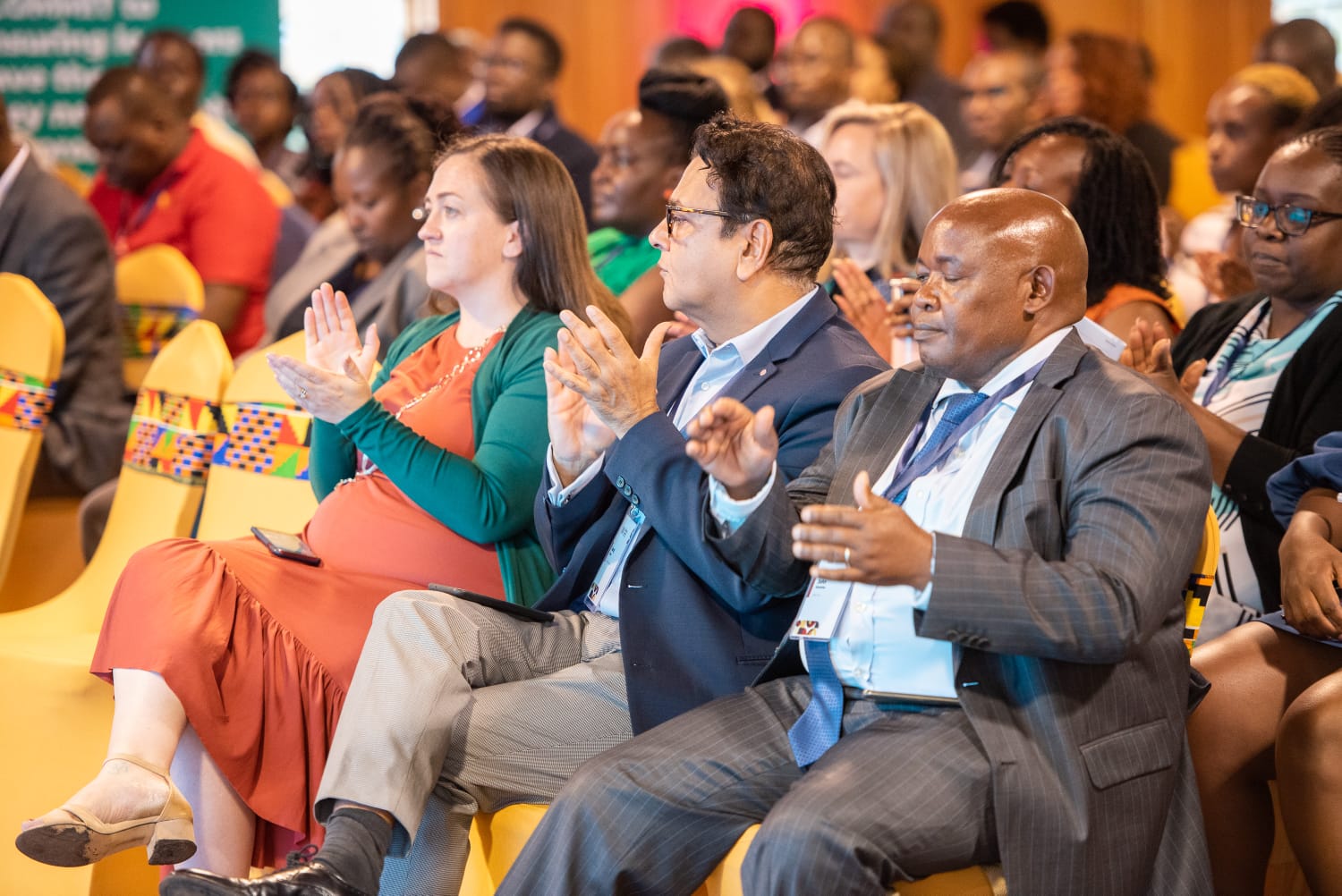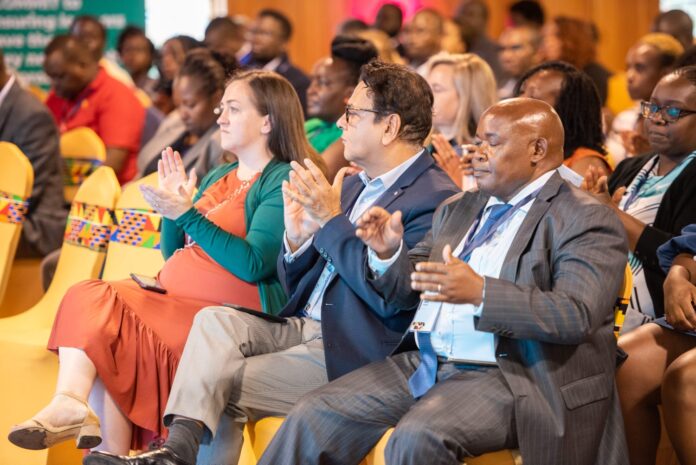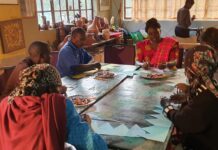By Lenah Bosibori
Nairobi, Kenya: Experts meeting in Nairobi have urged technology innovators to generate Artificial Intelligence content in our African local languages like Swahili to accommodate all the users.
Speaking in Nairobi during a two-day Education Technology Summit dubbed, ‘A Movement Towards Evidence-based, Technology-enabled Teaching, and Learning, Mark Irura, FAIR Forward Artificial Intelligence for All-GIZ said that the AI tools we have right now are dominantly coming from Western languages like German, Spanish English but Swahili is underrepresented.
“Swahii is spoken by 400 million speakers in Africa but it is underrepresented in technology and many other languages that we speak, so this is one of the challenges we have in transforming to AI technology,” said Irura.
The two-day Summit is designed to inspire stakeholders to apply their wealth of knowledge and experiences to forge a collective way forward for Kenya and East Africa at large, with respect to education technology. It builds on the fact that Kenya stands at the forefront of the digital revolution in education in East Africa.

Irura adds that Africa as a region is underrepresented in technology because of how we speak, posing a practical challenge, and he said the gap is there because the people who are working on these technologies all study in the West like the USA, Germany, Europe and get employed by Google and Microsoft, they don’t come back home to work for our local cultures like Swahili.
“One of the ways to localize and build solutions that can be used not just in education but to the general population would be to have representation in language, and have our local experts who have studied abroad to come back home and develop local for AI,” said Irura.
He urged the need for enough local knowledge, and enough expertise to be able not just to use up observation information or subject information but also ensure that data that is collected from time to time is stored well so that it can help to improve the accuracy of the models that are built, otherwise, Africa shall be left behind.
Speakers and participants at the two-day Kenya Edtech Summit 2023, which opened September 20th, echoed Irura’s sentiments citing that despite the strides being in the area, there were still numerous gaps to be filled to expand digital learning.
“We need to regulate how we use AI, critical thinking is going to vanish if students continue using it, let us use it sparingly and be ethical,” added John Kimotho specialist at Kenya Country Team EdTech Hub.
“We are meeting to share ideas and explore ways of how to make learning globally competitive; how to integrate information technology in schools and the policies to strengthen or establish to make digital education more sustainable in line with global goals,” said Lydia Mureithi, Deputy Director of the Centre for Mathematics, Science and Technology Education in Africa (CEMESTEA).
Giving an overview of the summit, now in its second year, Jennifer Cotter-Otieno, Founder and CEO, of EdTech East Africa, organizer of the Summit, said: “There is no one way to make it work. It is going to take all of us together with the community to build solutions that are sustainable and effective to ensure no one is left behind.”
Cotter-Otieno emphasized the need for necessary interventions that must embrace inclusivity and equity, posing: “How do we ensure our interventions are accessible and affordable and are built to respond to the needs of all the learners?” queried Cotter-Otieno?














